Commercial Compost Program
Starting on May 1st 2024, the CSRD is introducing a new fee structure for commercial waste, which includes a new mixed-waste tipping fee. This means that any load of garbage containing more than 10% organic material by volume is subject to an increased fee from $120/tonne to $270/tonne. To avoid incurring additional waste disposal fees, businesses in Revelstoke are encouraged to start the process of diverting their food waste and organic material from the landfill to the compost facility at the Revelstoke Landfill.
We’re here to help.
The good news is that we have a dedicated coordinator here to help our local Revelstoke businesses manage the transition. The Local Food Initiative has been contracted by the CSRD to facilitate education and implementation of commercial composting. For assistance or information, please reach out to Isaac Burkam, the Compost Coordinator, at compost@revelstokelocalfood.com.
Frequently Asked Questions.
1) What is the Food Waste Diversion Program?
The Food Waste Diversion Program is an initiative aimed at diverting food waste generated by businesses away from the landfill to the new composting facility at the Revelstoke Landfill. It is part of the CSRD’s broader sustainability efforts to reduce environmental impact, improve climate resilience, and promote responsible waste management practices.
2) What businesses can participate in the program?
All food producing businesses in Revelstoke are required to participate in the Food Waste Diversion Program. This included restaurants, cafes, grocery stores, hotels, breweries, food manufacturers, and any other establishments which produce food waste as part of their operations.
3) How do I get my business started with composting?
Determine how to get food waste to the compost facility: either through a solid waste management company or self-hauling.
Make a plan to divert food waste at your business. Assistance is available through the LFI.
Begin to separate food waste and other compostable materials into designated bins in both front and back of house operations (educational resources will be distributed to help with this process).
Training: Making sure your staff is educated on why composting is important and how your business will implement this new process will be key to success! Need assistance on training? We’re here to help!
Ensure compost totes and bins are securely placed and ready for collection weekly (more on this to come from our friends at Bear Aware)
4) What types of food waste can be composted?
Most organic food waste can be composted, including fruit and vegetable scraps, coffee grounds, tea bags (remove the staple), eggshells, bread, grains, meat and food scraps.
Sorting guides will be distributed to businesses. If you have not received one, please email compost@revelstokelocalfood.com and we will drop some off.
5) What are the benefits of composting for my business?
The benefits of composting for businesses include:
Potential savings on waste disposal as a result of diverting food waste and organics from mixed waste and not incurring increased mixed load fees.
Enhanced corporate social responsibility and environmental stewardship.
Improved brand image as a sustainable business which can result in marketing and branding opportunities, and increased customer loyalty and retention.
6) Are there any financial incentives available for participating in the Food Waste Diversion Program?
Currently, there are no specific financial incentives offered for participating in the Food Waste Diversion Program. However, businesses may benefit from reduced waste disposal costs and potential cost savings associated with improved waste management practices. Price to transport food waste to the landfill is determined by the waste hauler. For businesses who want to sef-haul food waste to the landfill the drop-off fee is $120/tonne with a $10.00 minimum charge
7) What if my business does not participate in the Food Waste Diversion Program?
Not participating in the Food Waste Diversion Program may result in increased fees for mixed-waste disposal. The increased mixed waste fee will be implemented gradually, allowing time for businesses to develop and implement new internal waste management strategies.. Beginning May 2024, the CSRD will be conducting random audits of commercial garbage loads at the landfill, and if it is found to contain more than 10% organic waste by volume, a follow up with additional support to the business will be made to help the transition to diverting food waste.
Resources for businesses and institutions
The LFI has created and compiled series of educational resources for businesses and institutions to help with the transition to diverting food waste:

